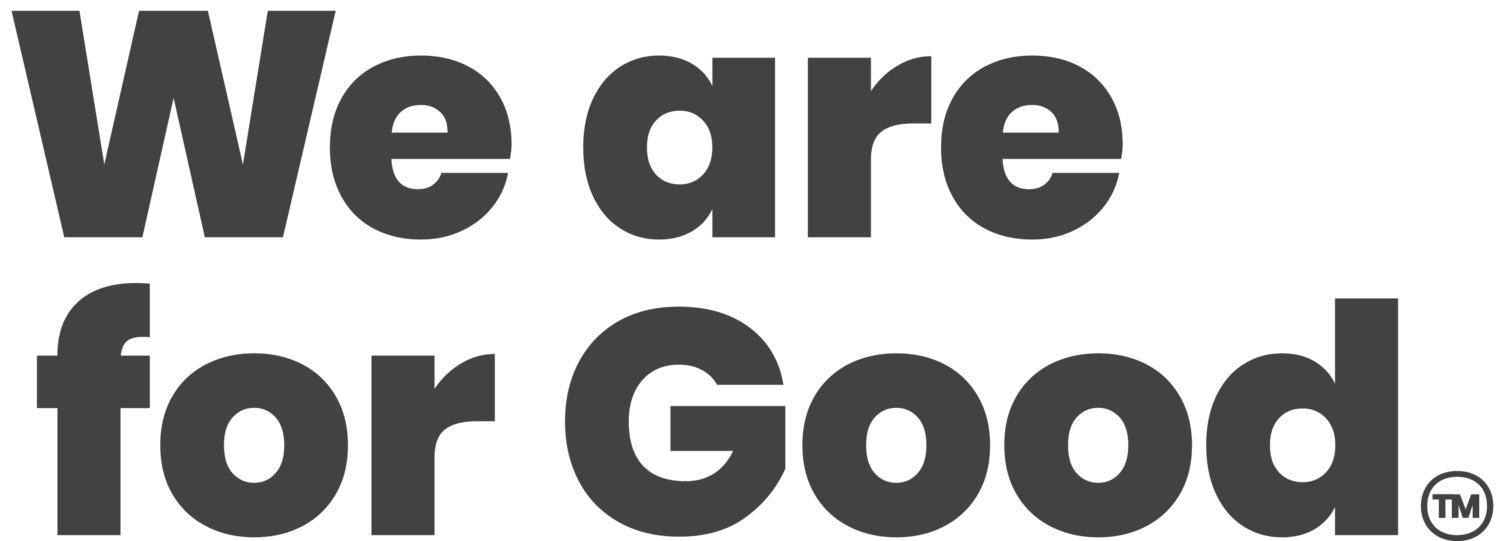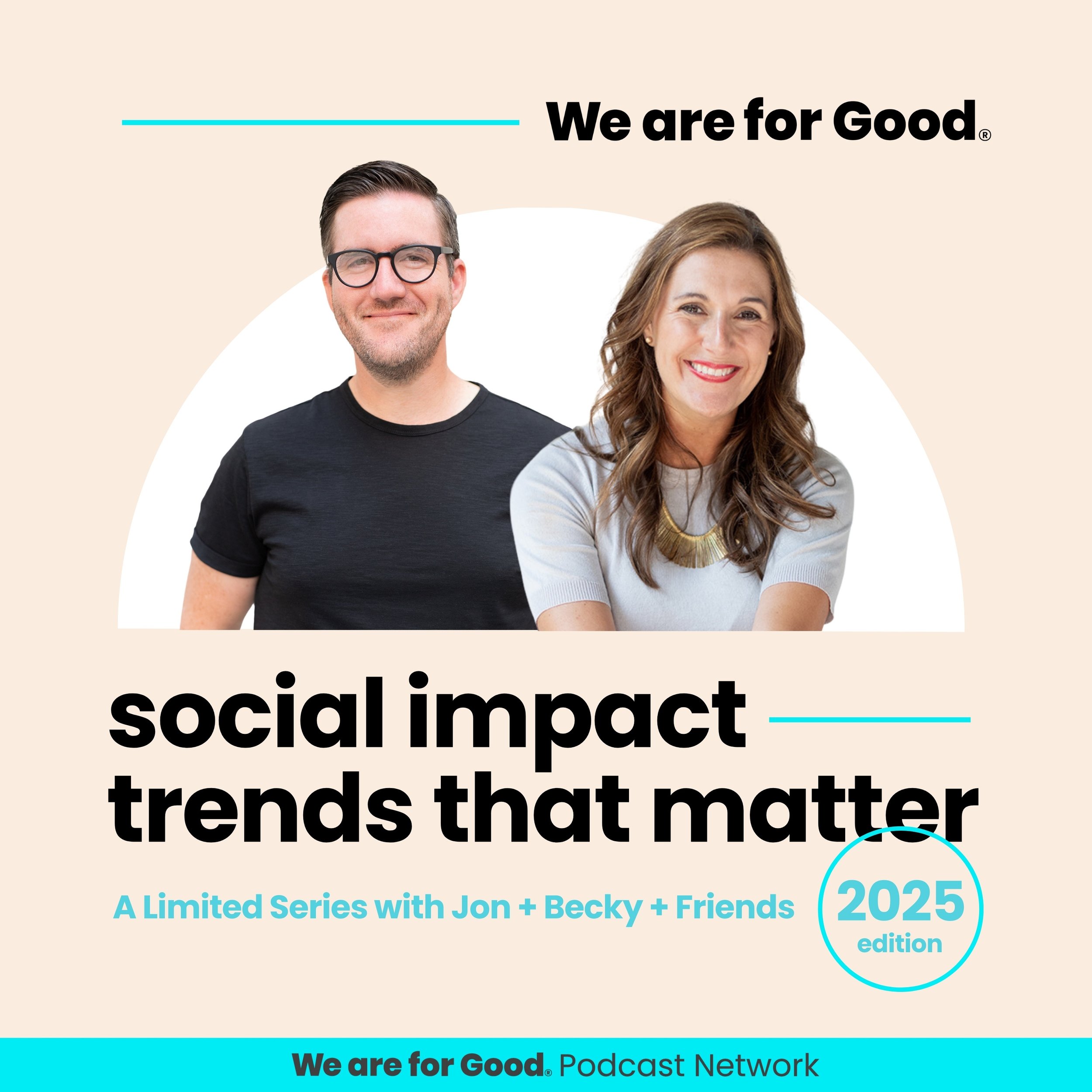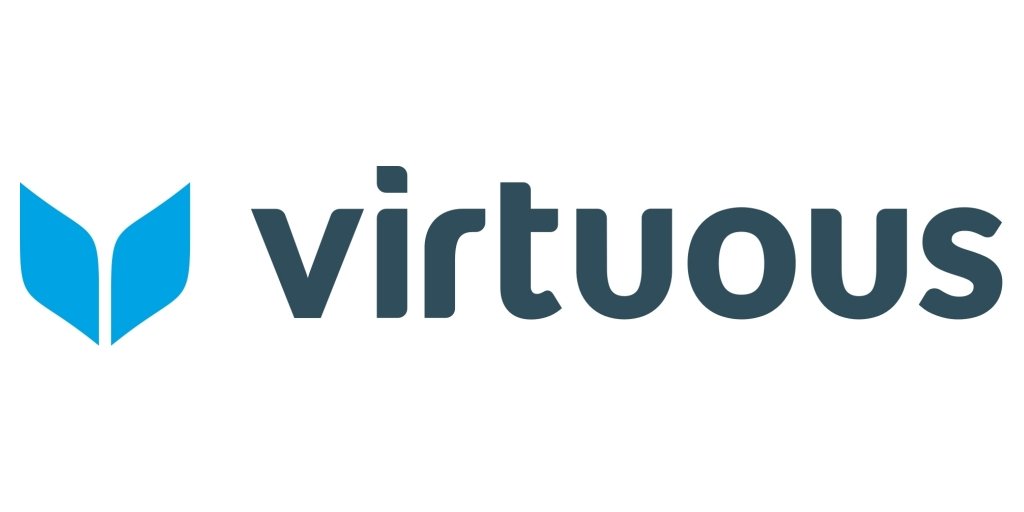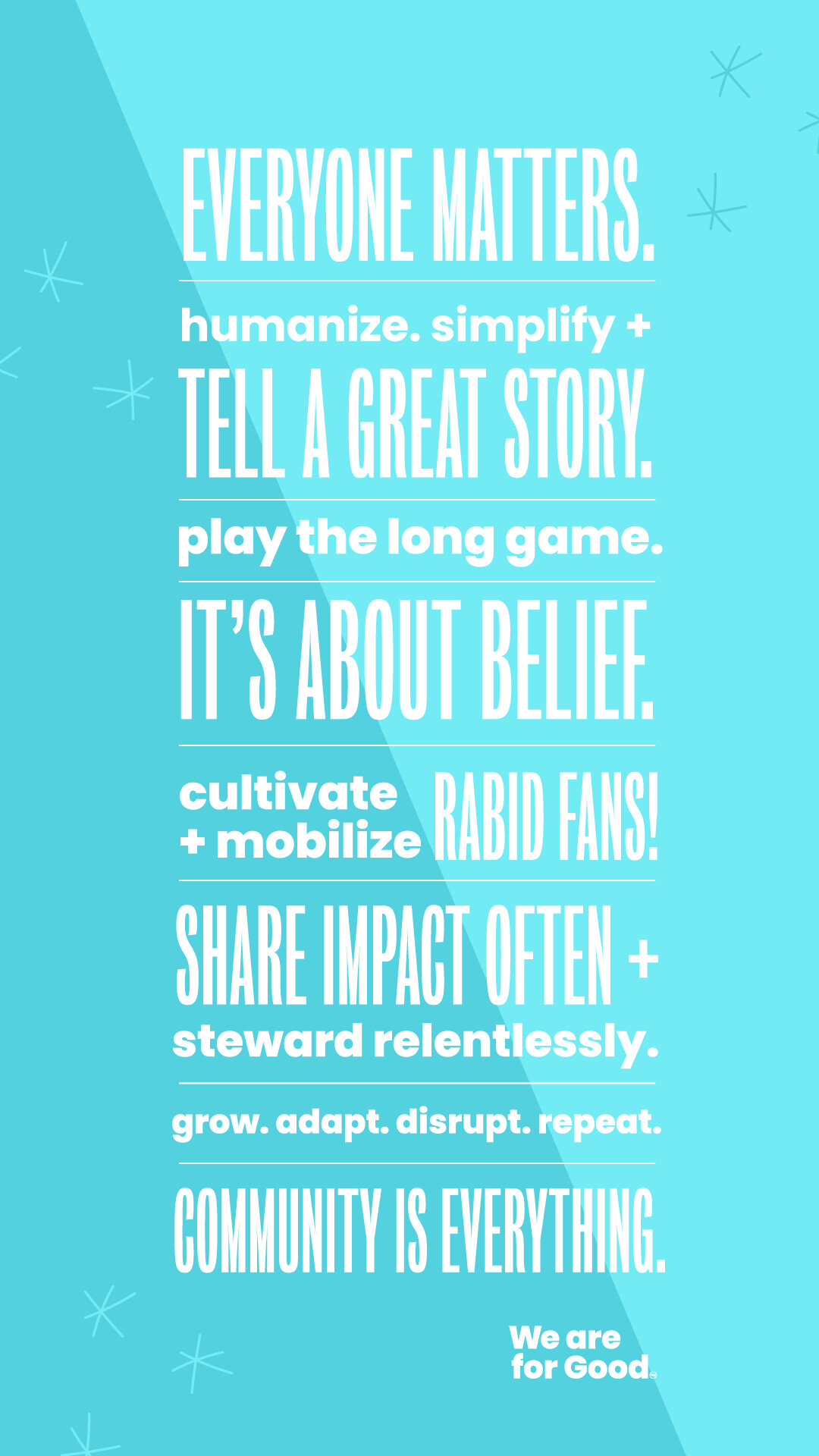219. How to Use Business Principles to Deepen Impact: The Mission of Orangewood Foundation - Chris Simonsen
Listen to this episode
Overview
Meet Chris. This Fortune 500 CFO left his job to chase purpose, and he's never looked back. He's leading one of Southern California's largest nonprofits serving foster youth. Join us and the CEO of the Orangewood Foundation to talk about the plight of foster youth in our country and which for-profit skills are helping his nonprofit thrive like a business. Tune in🎧🦋
LEARN
👆Current issues surrounding foster youth today
👆Best business strategies that translated well to nonprofit
👆How has the pandemic has affected foster youth
👆The story of Orangewood Foundation (best graduation & college admission rates for foster youth!👏)
Today’s Guest
Chris Simonsen, CEO, Orangewood Foundation
“Coming out of the for profit industry, nonprofit is no different than for profit. You have to run your organization like a business.”
Episode Transcript
Download Full Episode Transcript Here
Episode highlights
Chris’s story and journey to where he is today (2:45)
Business principles from the for profit sector Chris is applying today as CEO (8:40)
State of affairs right now for foster youth (13:00)
Overview of Orangewood Foundation and the continuum of care they provide (20:00)
A powerful moment of philanthropy in Chris’s life at the Orangewood Foundation (24:00)
Chris’s One Good Thing: Look through a trauma informed lens. (27:00)
powerful quotes
“I loved the mission as soon as I got here.” -Chris
“I knew I needed to make a huge adjustment in my life and it felt like the right fit for me.” -Chris
“When you were 18 years old, could you have gone out on your own to find an apartment, get a job with no support system or family network to help you?” -Chris
“When I first got to Orangewood in 2007, I couldn’t believe what we were asking these foster youth to do.” -Chris
“More importantly, once they turned 18 and were on their own, we needed to provide them with the support they needed.” -Chris
“We’re asking a lot of these young people to do these things on their own. We’re not even factoring in the trauma that many of them experienced growing up.” -Chris
“Coming out of the for profit industry, nonprofit is no different than for profit. You have to run your organization like a business.” -Chris
“We do a great job of putting our mission first, whatever is best for the youth is our focus. We also have created a financial model here that really insulates us from big downturns in the economy and allows us to have the resources to grow and be flexible. We can provide our staff with the resources to do what is best for our youth.” -Chris
“When I took over as CEO in 2013, one of the things we did in a strategic planning session was asking the question, “Who do we serve?”” -Chris
“The issue of homelessness really came to the forefront at the local, state, and federal levels. More funding opportunities became available.” -Chris
“We were too heavily dependent on donor revenue when I was the CFO, and that cost us a lot of pain and heartache during the recession.” -Chris
“We had to get a better balance of money from government services and contracts and donor dollars.” -Chris
“Having a balance and not being overly concentrated is so important.” -Chris
“We have built a model that has diversified where all our revenue is coming from.” -Chris
“The individuals that work in the various social services agencies across the country do incredible work. They are passionate, dedicated people that want what’s best for the youth.” -Chris
“The thing that is challenging is we have seen the government, whether state or federal level, try to put everything in one box. We believe that you should have a continuum of options.” -Chris
“As an agency, we weren’t really doing a lot in the mental health area up until 4-5 years ago. We realized we can’t get these young people to stay in their jobs or housing if they have unaddressed mental health issues. We’re now spending close to $20,000 a month for a wide variety of therapists.” -Chris
“We also offer the same therapy group to our staff. You have to also take care of the caregivers.” -Chris
“Our goal is to really look at all of the needs of these people and meet them where they are at.” -Chris
“We really have one program. Our program is building relationships. If our youth don’t trust us, they’re not going to listen to what we have to say or take advantage of our programs.” -Chris
“When you see somebody and they aren’t acting appropriately, don’t ask what’s wrong with the person, take a step back and ask what happened to that person.” -Chris
“Everybody is unique. Everybody is different. One size doesn’t fit all. People want to be treated with respect, kindness, and empathy. We strive to be good listeners and meet them where they are. All of us can do that in our everyday lives.”-Chris
Connect with chris and orangewood foundation
Website / LinkedIn / Instagram / Twitter / YouTube
Rate, Review, & Follow on Apple Podcasts
Are you a fan of the We Are For Good Podcast? Please consider rating and reviewing our show! This helps us serve more do-gooders — just like you — grow their own impact uprising.
First time doing reviewing a podcast? Don’t sweat - it’s super easy! Click here, scroll to the bottom, tap to rate the show with stars, and then click “Write a Review.” We’d love to hear what you loved most about this episode!
While you’re there, if you haven’t done so already, would you consider subscribing to the podcast? We curate inspiring conversations weekly to help you do more for your mission (and the occasional surprise minisode too!) and if you’re not subscribed, you could totally out. Subscribe now!
Join the Good Community!
The We are for good community
This is a safe place for deeper conversations. While we love this podcast, it is a very one-sided dialogue. It is great for starting conversations, but not continuing them. You can find friends, colleagues, and others to champion alongside. We believe community is everything and we wanted to create a place where people could learn and thrive and grow together (and also have a whole lot of fun).

















